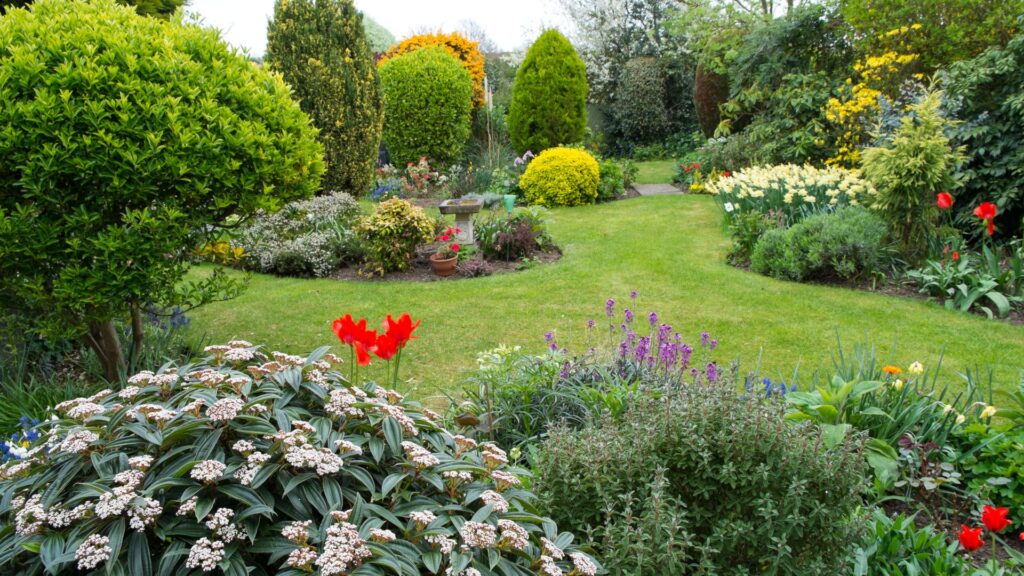
NOW that the weather feels warmer you may be turning your attention to your garden and getting it ready for summer.
However, a gardening expert has warned how one common lawn habit could be harming your plants and also wildlife.
Gardening whizz David Jones, who has over a decade of experience with lawn and soil care, collaborated with MAC Renewables, to reveal the silent damage being caused in gardens.
If your lawn looks lush on the surface but struggles to stay healthy in the long term, there could be a hidden reason.
David shared how you should avoid using synthetic fertiliser in your garden for the sake of your plants and birds.
He explains that this substance is often marketed as an easy way to boost growth, and many gardeners turn to it without realising what’s happening beneath the surface.
The high concentrations of nitrogen and salts in chemical fertilisers can burn plant roots, kill off soil microbes, and break the natural cycle of a healthy garden ecosystem.
He explained: “People want quick results, and I get it.
“But there’s one product a lot of homeowners rely on that creates a ripple effect underground—and it’s not good.
“It leaves chemical residues in the soil that the grass can’t fully absorb.”
The gardening expert shared how fast-acting, synthetic fertiliser can also affect living creatures.
David continued: “Worms and insects pick it up, and then birds feed on them.
“That’s where the danger really begins.
“Birds fly down onto the lawn, they eat the worms, and of course if there’s a fertiliser that contains anything that burns, then birds can become very ill—or even die.
“It’s not something gardeners see directly, but it’s happening more than people realise.”
To protect his own garden and its wildlife, David steers clear of synthetic products altogether.
Instead, he creates his own gentle, organic fertiliser blend using ingredients that improve soil naturally over time.
He advised: “I make mine with composted kitchen scraps, well-rotted manure, and seaweed extract.
“Then I brew it into a compost tea and let it steep for about 48 hours.
“It’s mild, but packed with nutrients that feed the soil rather than shock it.”
This method not only strengthens the lawn but also encourages earthworms and microbial life, creating a balanced, self-sustaining environment.
He added: “It might not work overnight, but it builds a stronger, more resilient lawn that doesn’t rely on chemicals.
“And you won’t be damaging anything else in the process.”
Royal gardener Jack Stook’s top tips for green lawns

JACK, who has worked at King Charles’ Highgrove House for 20 years, shares his top tips..
- Scarify the lawn with a rake to remove any old leaves and moss
- Add nitrogen fertiliser into the soil
- Alternatively, put granular feed over the lawn, or a ‘plant soup’ from plant material over the lawn
However, if you’re not ready to make your own, David suggests that you buy organic lawn feed made from natural ingredients.
A spokesperson from MAC Renewables added that lawn health isn’t just about what you feed it – sun exposure plays a major role too.
They said: “We often say: treat your garden like solar panels.
“South-facing spaces get more light, which reduces the need for constant fertiliser, watering, and chemical intervention.”











